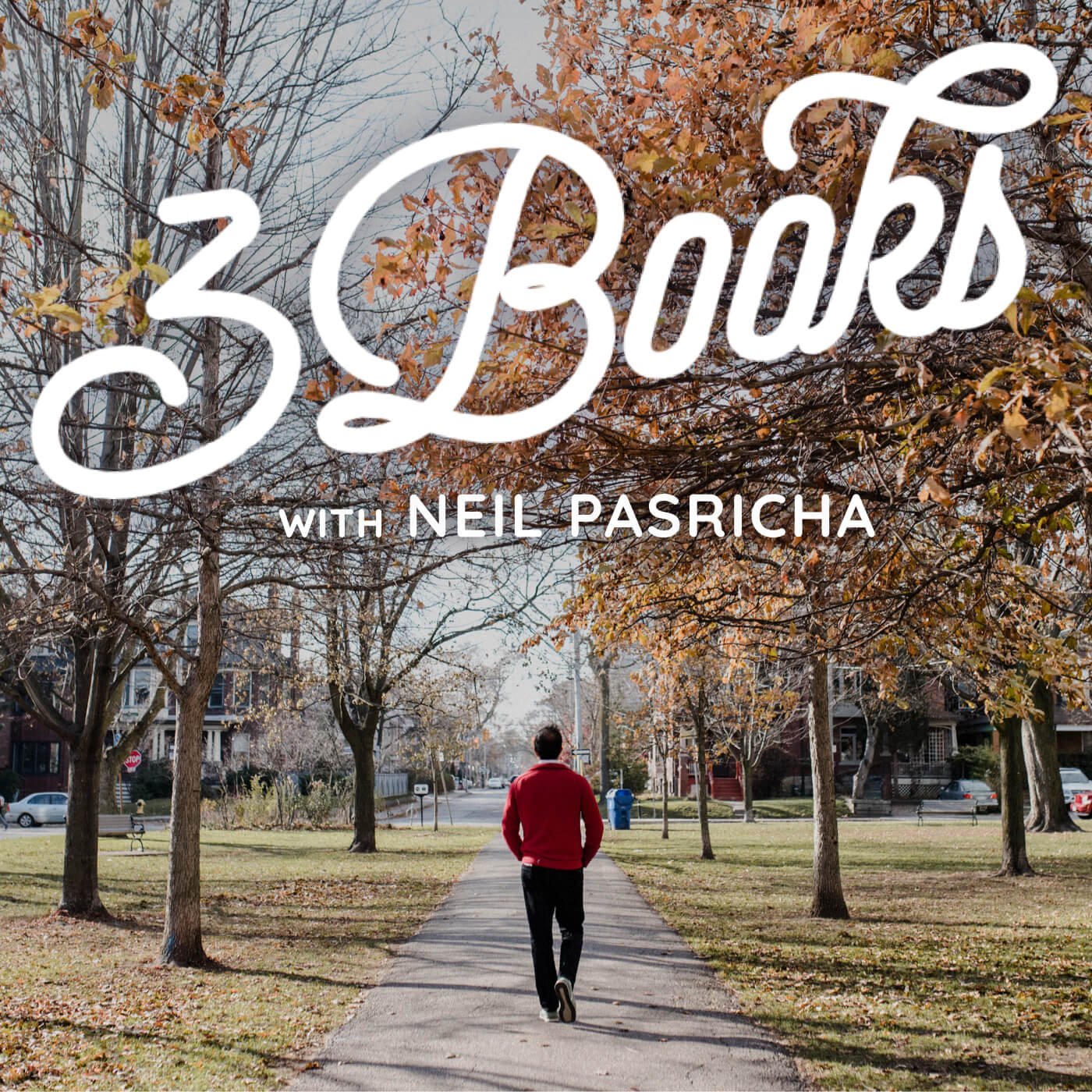I want to make you dizzy.
I want to make you look up into the sky and comprehend, maybe for the first time, the darkness that lies beyond the evanescent wisp of the atmosphere, the endless depths of the cosmos, a desolation by degrees
These two lines begin an incredible poem called “Disorientation”... by Katie Mack.
Did you feel dizzy reading it? I did. I do!
What is the universe? Where did it come from? What was here before it? How long has it lasted? How long will it last? How could it ... end?
Do you remember being a little kid and it maybe suddenly hitting you that there was this overwhelming gigantic thing we were a part of that was almost too vast to even comprehend? I feel like a lot of us have that feeling. Sort of reminds me of this super-short clip from Annie Hall where 8-year old Alvy Singer is taken to the doctor by his mother because the vastness of the cosmos has suddenly hit him.
Why isn't he doing his homework? "What's the point?" he concludes.
That's one reaction. But if you're Katie Mack growing up in California you run the other way. You pick up a book called A Brief History of Time by Stephen Hawking and continue chasing these near-impossible questions and just never, never stop. Katie kept asking these questions through her undergrad in Physics at CalTech and her PhD in Astrophysics from Princeton before she launched into even more fascinating work like, no big deal, building a dark matter detector.
Today Dr Katie Mack is a theoretical astrophysicist who studies a range of questions in cosmology -- i.e., the study of the universe from beginning to end. Her wonderful, recent bestselling book The End of Everything (Astrophysically Speaking) is a New York Times bestseller and goes through a very helpful history of the universe before exploring a number of different ways the universe might end. At times complex, but often (thankfully) accessible, reading her book is like hanging out with a really, really smart friend, illuminating what is going on up there.
Since June 2022, Katie is the Hawking Chair in Cosmology and Science Communication at the Perimeter Institute for Theoretical Physics. This is a relatively new institute based in Waterloo, Canada, and it's where Katie does research on dark matter and the early universe and engages in conversations, like the one we are having today, to make physics more accessible to the general public. So: she does podcasts! And: she's extremely viral! I highly recommend you join the 426,367 people who currently follow her on Twitter @AstroKatie.
Let's talk big puzzles, time, malleable fabric, wordplay, living on mars, the possibility of alien life, "colonizing" space, Katie’s 3 most formative books, and much, much more.
This is a mind expanding conversation. You'll hear me playing catch-up the whole time. Not sure I ever caught up, or ever will, but Katie is a gift to the world.
Let’s flip the page into Chapter 112 now…
Chapter 112: Katie Mack on cultivating curiosity and contemplating the cosmos
What You'll Learn:
Where are we in the universe?
What is the true definition of time?
How does time work?
Do calendars reflect time?
How do we define the future?
Is there other life in the universe?
What is a back-up book?
Why is the term colonization wrong for space?
Is astrology a science?
What is the smallest scale of measurement in the universe?
What is the largest scale of measurement in the universe?
What is the unobservable universe?
Notable quotes from katie:
connect with katie:
word of the chapter:
Resources Mentioned:
Katie’s first book [10:25]
Katie’s second book [29:58]
Katie’s third book [48:45]
The End of Everything (Astrophysically Speaking) by Katie Mack
Be Here Now by Ram Dass
Hamlet by Shakespeare
“Disorientation” by Katie Mack’s







